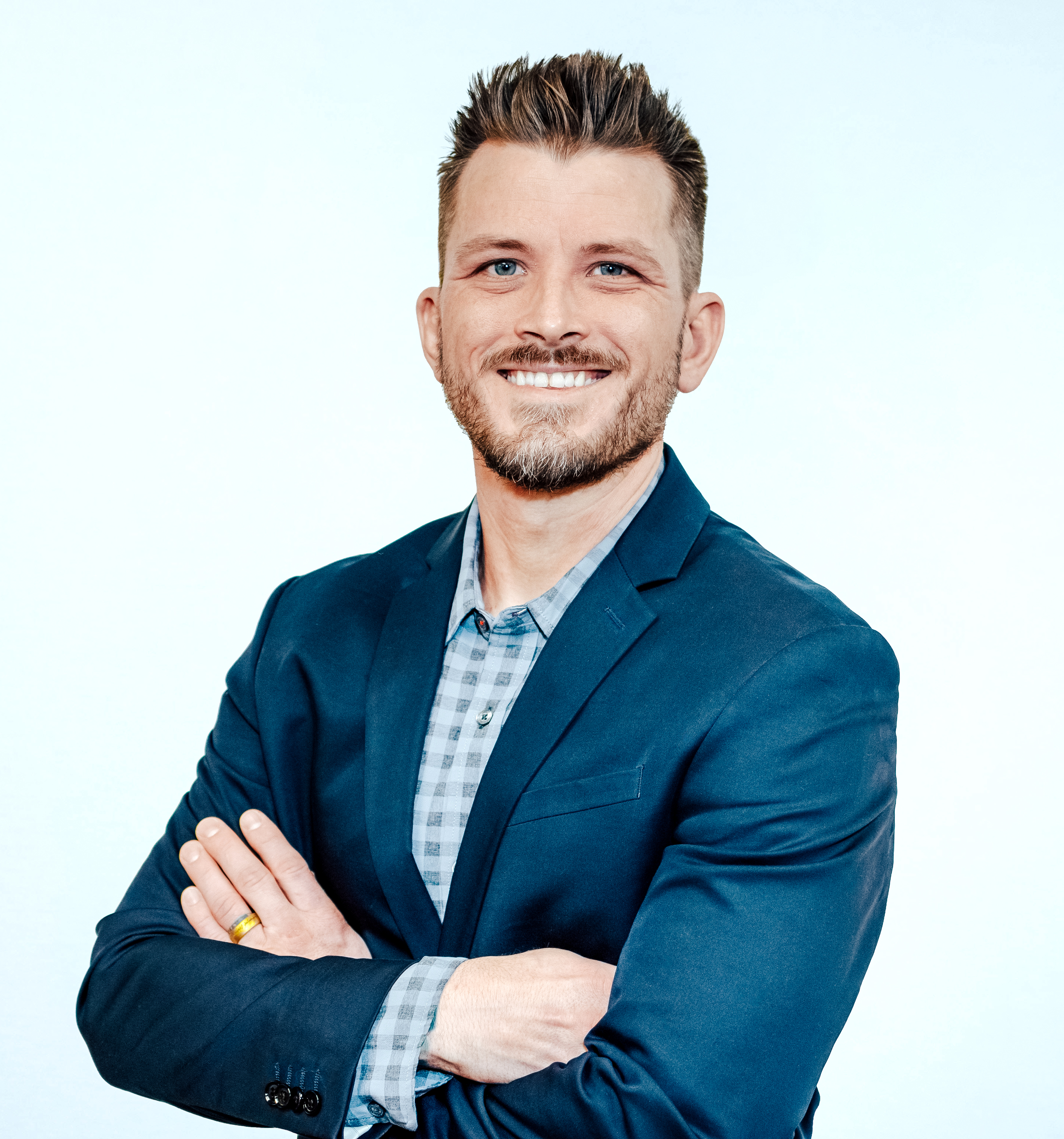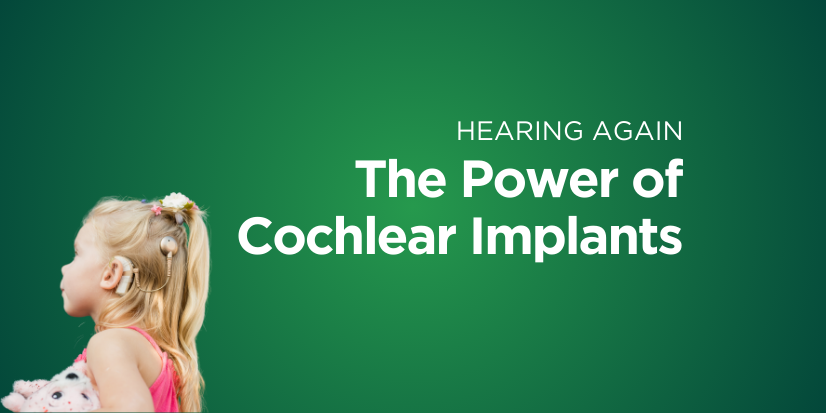Hearing loss can affect so much more than just your ability to listen—it can impact how we connect with the world. But thanks to major leaps in medical technology, more people are regaining their hearing and their independence. One of the most transformative tools out there? Cochlear implants. We chatted with Dr. Luke Edelmayer, a cochlear implant specialist, to break down the differences between implants and hearing aids, who’s a good fit for the procedure, and the life-changing moments that come with hearing again.
Cochlear Implants vs. Traditional Hearing Aids
While both aim to help people hear better, cochlear implants and traditional hearing aids work in very different ways. “A hearing aid is like a little speaker that makes everything louder,” says Dr. Edelmayer. “It still relies on your inner ear to process that sound. But if that part of the ear is damaged or didn’t develop right, a hearing aid just won’t cut it.”
That’s where cochlear implants come in. The cochlear implant bypasses the damaged inner ear and sends electronic signals directly to the hearing nerve. “It’s like skipping the broken part of the system and going straight to the source,” Dr. Edelmayer explains.
Getting a cochlear implant does involve surgery. “We place the implant under the skin behind the ear and insert an electrode into the cochlea,” he says. After 2 to 4 weeks of healing, patients are fitted with a processor that magnetically connects to the implant and turns sound into digital signals that stimulate the nerve.
What’s the Best Age for a Cochlear Implant?
“The earlier, the better,” says Dr. Edelmayer when asked about the ideal age for the procedure. “If a child is born with severe hearing loss, we can do the implant as early as six months old. That’s a critical window for developing speech and language skills.”
He also shared a more difficult reality: “If a child waits until age 10 or older, and their brain never learned how to process sound, it’s much harder for the implant to be successful. The brain just doesn’t know what to do with the information.”
That said, adults can absolutely benefit too—especially those who are gradually losing their hearing and no longer find hearing aids effective.
Who Is a Candidate for a Cochlear Implant?
Candidacy depends on several factors, but cochlear implants are often covered by insurance—unlike traditional hearing aids. “We look at things like how loud the hearing loss is and how well someone can understand words,” Dr. Edelmayer says.
You might be a candidate if you have:
Profound hearing loss in one or both ears
Word recognition scores below 40%
Hearing loss of 80 decibels or more
Sudden hearing loss in one ear due to illness or injury
Declining clarity, even with hearing aids
“Hearing loss is about both volume and clarity,” he adds. “Some people hear loud sounds just fine but can’t understand what’s being said. That’s when we start to think about cochlear implants.”
Does Insurance Cover Cochlear Implant Surgery?
“Almost always,” says Dr. Edelmayer. “We check with the insurance company before we do anything. The only time we run into issues is sometimes with Medicaid patients over 21.”
The Emotional Side of Hearing Again
Ask Dr. Edelmayer what excites him most about cochlear implants, and his face lights up. “I grew up as a musician, so sound has always meant a lot to me,” he says. “Music is emotional, it’s powerful. Imagine watching a movie with no music—it feels off. I love being able to give people the ability to hear again.”
He describes the moment when the implant is activated as “pure magic.” “People hear their grandkids for the first time. They cry. We all cry. It’s a beautiful thing. Hearing is such a huge part of life that so many of us take for granted.”
And it’s only getting better. “The research happening right now is incredible,” he shares. “We’re finding ways to increase clarity, reduce trauma during surgery, and even preserve the natural hearing someone might still have.”
If you or someone you love is struggling with hearing loss, it’s worth talking to an audiologist. “It starts with a conversation,” says Dr. Edelmayer. “We figure out if a cochlear implant is the right fit, and if it is—it can truly change someone’s life.”

Dr. Luke Edelmayer is a Otolaryngologist who practices at Professional Center North in Ogden, Utah. His clinical interests include cochlear implantation, hearing restoration surgery thyroid surgery, voice/swallowing issues, and pediatrics. Reach his office at 801-475-3010.


